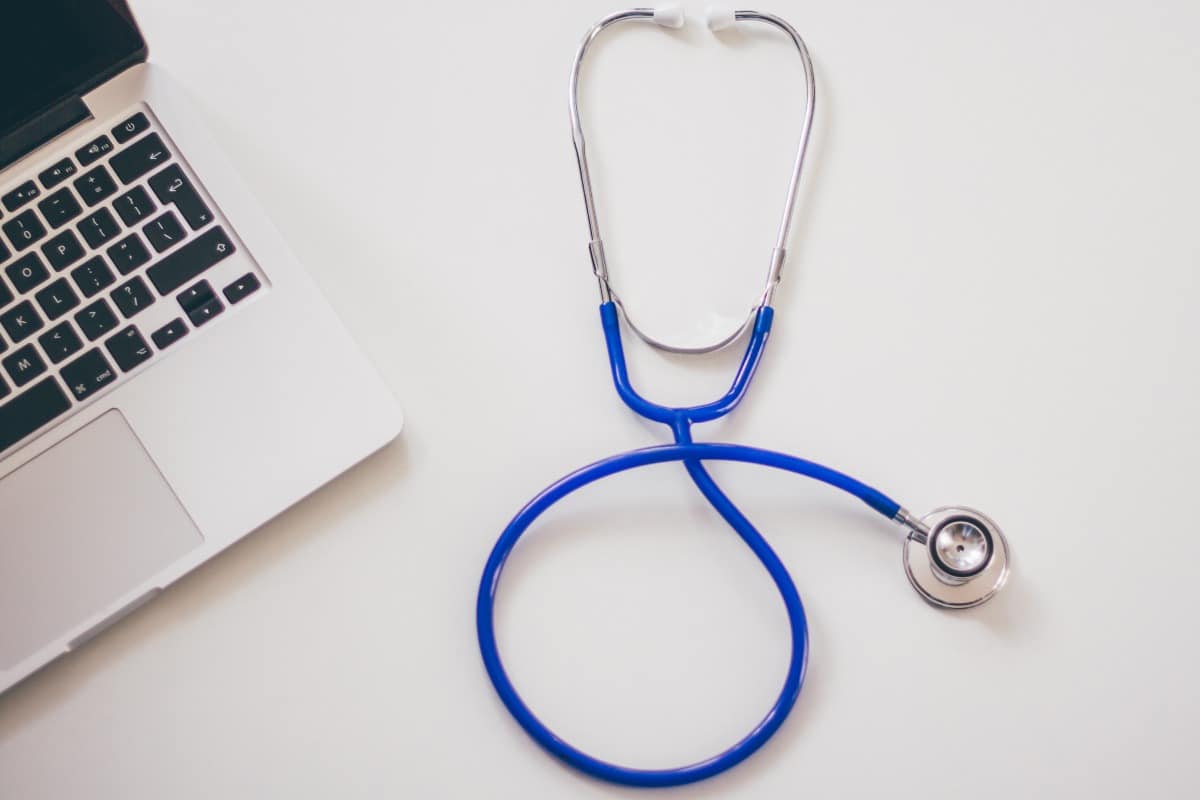Long-Term Health Problems Related to Binge Drinking
Alcohol use disorder (AUD) is the most commonly diagnosed substance use disorder (SUD). You may find it difficult to identify dangerous alcohol consumption in yourself or others because moderate alcohol use is common among a large part of the population. Alcohol consumption becomes problematic when heavy or binge drinking becomes involved.
Binge Drinking vs. Heavy Drinking
Alcohol misuse is the fifth leading cause of premature death. Binge drinking is most common among young adults, ages 18-24, and elderly people, 65 and older. The National Institute on Alcohol Abuse and Alcoholism (NIAAA) defines binge drinking as the consumption of alcohol that brings your blood alcohol concentration (BAC) to 0.08g or higher. How much alcohol you need to consume to get your BAC to 0.08g will vary from person to person, depending on several factors like gender, height, and weight. Typically, binge drinking occurs after four or more drinks for women and five or more drinks for men over a two-hour period.
On the other hand, heavy drinking is defined by alcohol consumption per day and per week. Heavy alcohol use is considered as three or more drinks a day for women and four or more drinks a day for men. Women should not have more than seven drinks per week, and men shouldn’t have more than 14 per week.
The Physical Risks of Binge Drinking
Some physical effects of alcohol are difficult to decipher, whether they are caused by binge drinking or heavy drinking. However, the physical effects of alcohol have been well documented.
General Long-Term Effects of Alcohol Use
Alcohol can seep into all body tissue, which can result in permanent changes to the function of your organs. This occurs through direct and indirect contact with organ tissue through:
- Oxidative stress
- Inflammation
- Acetaldehyde adduct formation
- Barrier integrity disruption
- Decreasing anabolic signaling
- Enhancing catabolic processes
- Profibrotic changes
- Mitochondrial dysfunction
- Injury to the cell membrane and cell membrane perturbations
Once alcohol metabolizes through direct or indirect contact with the tissue, the organ becomes at risk for injury. Eventually, the metabolized alcohol becomes acetaldehyde, which can form adducts with DNA and proteins, causing abnormal replication. This produces organ injury through the activation of immune responses. Misuse of alcohol can lead to long-term physical health conditions such as:
- Diabetes mellitus
- Hypertension
- Ischemic heart disease
- Dysrhythmia
- Stroke
- Pneumonia
- Fetal alcohol syndrome
Long-Term Effects of Binge Drinking
Researchers believe that binge drinking is most likely to affect the gastrointestinal tract because of its direct exposure to tissue concentration of alcohol. Another factor that causes binge drinking to be especially destructive to the gastrointestinal tract is that it is often not accompanied by the consumption of food. This contributes to the rate of alcohol absorption and causes alcohol to have a direct effect on the gastrointestinal mucosa. Binge drinking can also cause changes in the gut that invites the growth of bacteria and toxins in your bloodstream.
Short-Term Effects of Binge Drinking
The short-term effects of binge drinking can also cause fatality due to impaired judgment or alcohol poisoning. Some immediate effects of binge drinking may include:
- Unintentional injuries: motor vehicle crashes, dangerous falls, and burns
- Violence: homicide, suicide, sexual assault, intimate partner violence
- Sexually transmitted disease
Alcohol Use Disorder (AUD)
Like many mental health disorders, AUD exists on a spectrum. You can be diagnosed with mild, moderate, or severe AUD. All intensities of AUD, no matter how severe or mild, can be treated at a recovery facility. AUD is a medical condition that causes you to lose control of or impair your ability to stop alcohol consumption. Often this occurs despite the consequences of alcohol consumption. This includes negative social, occupational, or health effects.
AUD causes changes in the brain that can lead to dependency and relapse. It is a chronic disorder that can be managed with the right combination of treatments and medications. According to the Diagnostic and Statistical Manual of Mental Disorders, Fifth Edition (DSM-5), used to diagnose psychiatric disorders, a person must have two to three listed symptoms for mild AUD, four to five listed symptoms for moderate AUD, and six or more criteria for severe AUD. These symptoms include the following in the past year:
- Drinking more, or longer than intended
- Attempted to cut down or stop drinking on several occasions, but couldn’t
- Spent most of your time drinking or getting over the aftereffects of drinking
- Wanted a drink so badly you couldn’t think of anything else
- Drinking or effects from drinking interfere with family or career/school responsibilities
- Continued to drink despite the consequences to close relationships
- Given up or cut back on activities that once brought you joy in order to drink
- More than once got into a situation during or after drinking where someone got hurt
- Continued to drink even though it had negative psychological effects
- Realized you have to drink more to get the same effects that you used to
- The effects of alcohol aren’t as extreme, and you are experiencing withdrawal symptoms (i.e., shakiness, trouble sleeping, restlessness, nausea, etc.)
Binge drinking can lead to serious chronic physical and mental health problems. It can turn into dependency and mild, moderate, or severe AUD. Restoration Recovery Centers offers a variety of treatments that can help you manage your AUD symptoms. Our mental health professionals are eager to work closely with you to create a treatment plan that is tailored to your recovery and personal needs. We understand that you are a complex individual and should be treated as such. If you or someone you know is struggling with substance use disorder, please call Restoration Recovery at (888) 290-0925 and learn how we can help you find purpose along your recovery journey.






